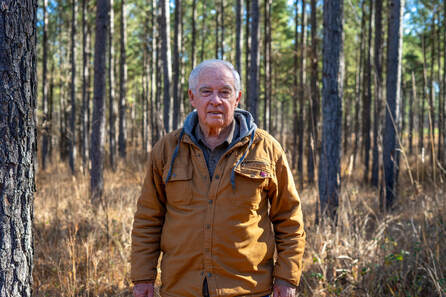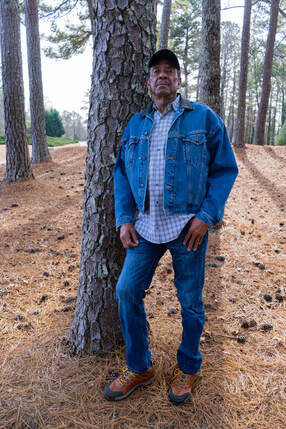Cultivating Fairness
Timber is the only commodity in the state that is taxed at harvest. Georgia tree farmers highlight the need for equity.
Winter 2024
By John Casey


|
Georgia Forestry Magazine is published by HL Strategy, an integrated marketing and communications firm focused on our nation's biggest challenges and opportunities. Learn more at hlstrategy.com
|
